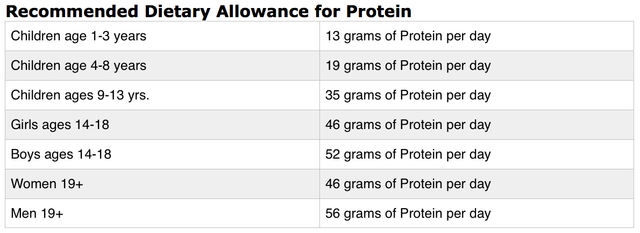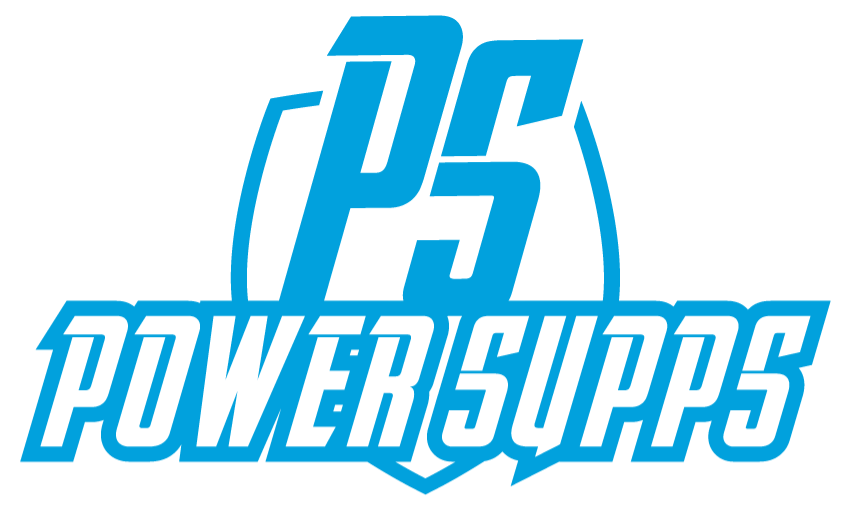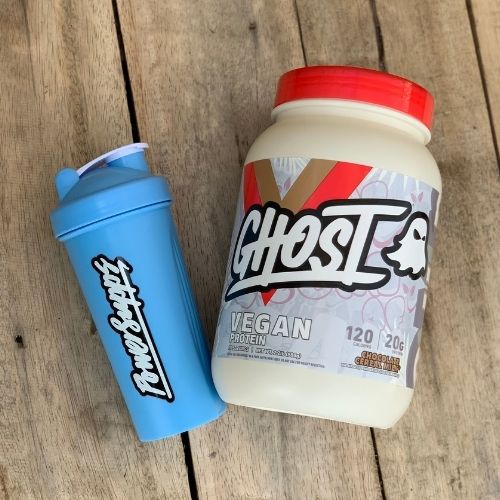Supplements
Protein powder for kids
Considering the constant growth within the supplement industry, there are more and more readily available sources of protein than ever. Making a decision on which one is best for you, let alone your child can be an extra headache. This on top of the current migraine you’re probably experiencing, leads to a lot of unanswered questions. In this article we are going to delve into the subject of protein powder for kids. We will also look at why protein is critical for development and how you can make the best choice.
The power of protein
Proteins are made up of 20 amino acids, which are the building blocks to a complete protein. Of these amino acids, some can be made in the body, however some simply cannot. There are many different types of proteins found in the body, from you organs to your muscle and bones and even in your hair, skin and nails!
It’s safe to say we are made up of proteins, having both functional and structural properties. But why are they critical in the development of human physiology? Proteins play a pivotal role in everyday functionality, acting as the transporters that fuel your energy and deliver much needed oxygen throughout your body via the bloodstream.
Over a period of time without these essential carriers, your body itself will begin to break down. Serious protein deficiency’s can cause our very own skeletal structure to decay. This results in a lack of bone density to muscle tissue wastage, protein deficiency’s in young children can even stunt growth.
Now, I don’t mean to cause alarm, but these are the hard facts when we consider healthy development of our children. About 50% of individuals brought up in developing or modernised countries eat more than enough protein from their diet. This is of course if your child is eating the food you are serving! The issues can come from fussy eaters, food intolerances or outside influences.
Kid’s daily protein needs:
Let’s go into more depth regarding our children, specifically their daily protein requirements. As a parent or carer, it’s nothing new dealing with fussy eaters. At the end of the day we all have different perspectives and our own intolerances… BUT what we are made up of is all the same; one heart, one brain, two lungs and so on.
I say this as we all have a similar make-up and require a balanced diet in order for our bodies to operate at the best of it’s ability. The amount of protein required for an individual depends on Age and Gender.

Protein and Immunity
Another important factor to mention in the development of our children, is that of immune function. Protein calorie malnutrition is a common effect in the impairment of immune function and can be seen in studies to be detrimental to health in the latter age of individuals with increases in infection, morbidity and the rate 0f mortality.
Why is having a balanced diet important?
No parent wants to see their child falling behind the mean of normal anatomical development due to nutritional imbalances. When we talk about healthy eating, we refer to that of a balanced diet. Consuming whole foods and the right amount should be the number one priority. Whole foods will generally contain everything our body needs for optimal growth.
In order to attain a balanced diet, we need to put emphasis on what foods we are consuming. This also includes the right type of macro and micro-nutrients in those foods. Taking a look at the macronutrients (proteins, fats and carbohydrates) are a good start in building a balanced diet. On top of that we also must mention micro-nutrients (vitamins/minerals) that we consume, these are just as important for maintaining homeostasis.
Other ways to make sure your giving your child the best possible start in life is through introducing a wide variety of wholefoods into their diet. Aiming for more natural and certified organic ingredients is the best approach to making sure your child is getting the best possible nutrition.
Including more protein rich foods into the child’s diet as well as good quality sources of carbohydrates is key. Brown rice and micronutrient dense foods such as baby spinach will make sure they are getting everything they need.
Signs of protein deficiencies:
Due to the readily availability of a variety of food sources, severe protein deficiencies are becoming less and less common in developed countries. In saying this 1billion people still suffer from severe protein deficiency world-wide, predominately in third-world countries.
Some children experience sub-clinical symptoms of protein deficiency, here are some signs and symptoms to look out for if your unsure:
- Loss of appetite
- Cuts/bruises taking longer to heal
- Trouble learning
- Poor concentration
- Body aches & pains
- Suppressed immune system
- Interrupted sleep patterns
- Skin problems or finger nail abnormalities
- Organ damage
Are there any side effects to protein powder?
The same applies to any food item we consume, everything in moderation. Too much protein powder can have a negative impact on your health and can be possibly dangerous. Most side-effects from protein powder consumption are usually digestion related problems, like bloating, stomach cramps, diarrhoea and constipation.
Always being aware of the amount of protein your feeding your child is critical in the child’s natural development, only feed them the recommended daily serve depending on their age and gender.
Is it safe?
Majority of children should be able to consume enough protein from wholefoods and a balanced diet without the need of supplementation. However, in the instance that you need to start your child supplementing with protein, make sure your only giving them the recommended serving for their age and gender.
Whey or Plant protein for kids?
The best protein powder for kids are generally those that utilise as many natural ingredients as possible and contain the least amount of ingredients. When we are looking for which type of protein is best, there are a couple considerations we must mention; bio-availability, digestibility and anabolic potential.
Plant – Based:
If they are vegan or lactose intolerant (sensitive to milk), plant based proteins offer a way increase their protein intake. They contain majority Pea and rice based protein sources.
Whey:
Whey protein offers the greatest bioavailability and fastest absorption rate, as well as the highest amount of protein per serve. This is when compared to plant based protein powders. The body’s ability to absorb and utilise amino acids from the whey protein is second to none.
Choosing the right protein powder for your child:
If you’ve come to the conclusion of supplementing your child with protein powder and have had discussions with the child’s pediatrician, you may become stuck on finding the right product. Below we have listed ingredients to look for and ones to try and avoid.
Ingredients to look for:
- Organic ingredients
- Whey, rice or pea protein powders
- Whole food flavouring
- If choosing whey – High quality grass fed
Ingredients to avoid:
- Artificial flavours and colours
- Sugars and artificial sweeteners
- Synthetic fillers
- Weight Gainers
- Weight loss powders
- Soy protein
- Synthetic Amino Acids
Wrapping up…
At the end of the day, when giving protein powder to your kid’s it’s important to make sure that you seek medical advice prior to making the decision. Majority of protein on the market now days are easily digestible for busy families and provides a good alternative in making sure your child is developing at the normal rate for his/her age.
It’s also important to teach our kids the necessity of eating whole foods and whole fruits in order to give them the best start towards their health journey. If your unsure of what your child’s protein intake is like, it’s best to monitor what they eat over the course of a couple of weeks.
All in all a balanced diet should be your first choice when we talk about feeding your child protein powder. Protein powder supplementation should never outweigh a balanced diet and if your child needs protein powder look for the more natural powders with fewer ingredients as well as a reputable brand.

